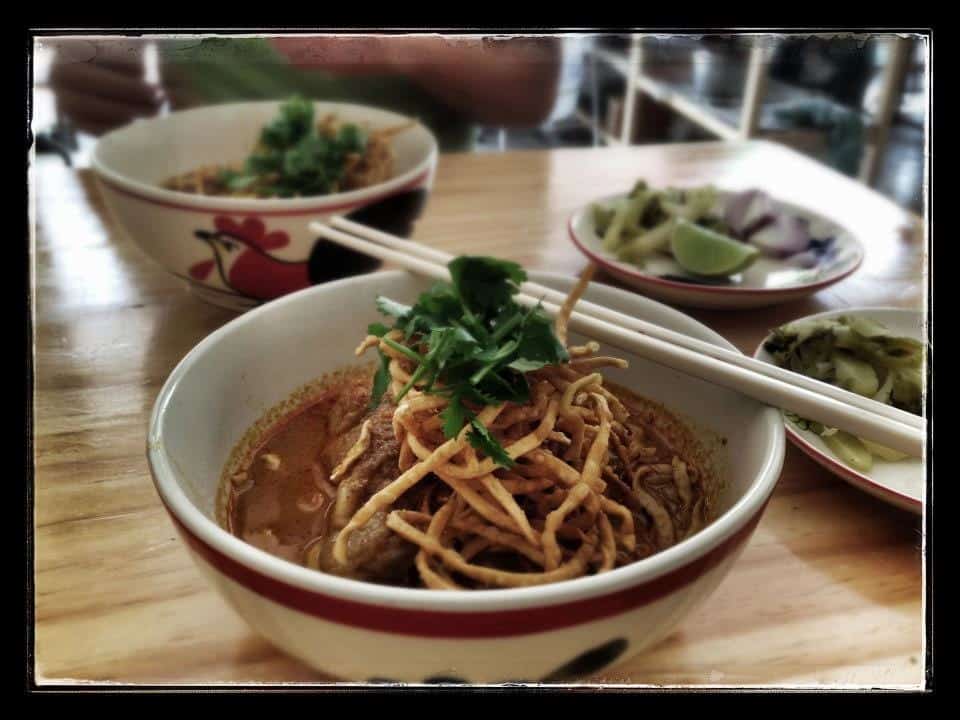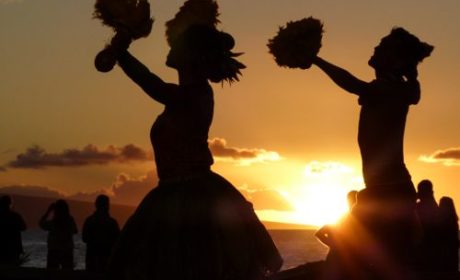There are few feelings as satisfying as making the final preparations for a trip you’ve been planning for a while. After the reservations are made and flights booked, the next step normally entails using a variety of travel resources to make some sort of loose itinerary for the upcoming trip. However, there are many ways of trip planning that don’t include museum opening times and popular local landmarks or trendy restaurants. Today’s guest writer, Gillian Duffy, writes about connecting with your destination by learning about its food, literature and history before leaving home.
It doesn’t matter if you’re heading off on a two week road trip, or a longer holiday to somewhere exotic, connecting with your destination can make the difference between a ‘meh’ trip and one that you talk about for years to come.
Here are three ways to really connect with your next destination:
1. Read Novels. Literature is like a secret window into a destination, and although created, developed, and manipulated just for the story line, the people in them are sometimes quite representative of the local population.
Find stories set where you are going, written by authors from the area, or that contain characters from the region. They offer an inside look at the culture, allowing you to examine how characters interact, and live with each other, what the local customs are, and how the country sees itself.

2. Immerse Yourself in the Local Cuisine. And I mean before you go! Cookbooks today are filled with information beyond the list of ingredients and how to prepare the recipe. Often they tell of the history and culture of a dish; where it came from, how it evolved as it was taken up by locals etc. You can visit local restaurants, try recipes at home and research all the great food you will enjoy once you finally get there.

3. Get a Feel for the History. No, not from dusty old history text books, but from stories that tell of the history of an area without putting you to sleep! Historic fiction, memoirs and movies can really explore the essence of a city without all the dull dates and historic facts. While the finer details of the history may not be accurate, often the overarching history is normally correct and can give a sense of how and why a place is the way it is.

Certainly guidebooks have their place in researching and planning any trip but going beyond the guidebook and reading other books based on the destination you’re headed to can really help you connect to that place, and get the most out of the time you have.
Do you have any trip-planning rituals that help in connecting with your destination? Join the conversation at the My Itchy Travel Feet page on Facebook or send us an email with your comments or questions.



